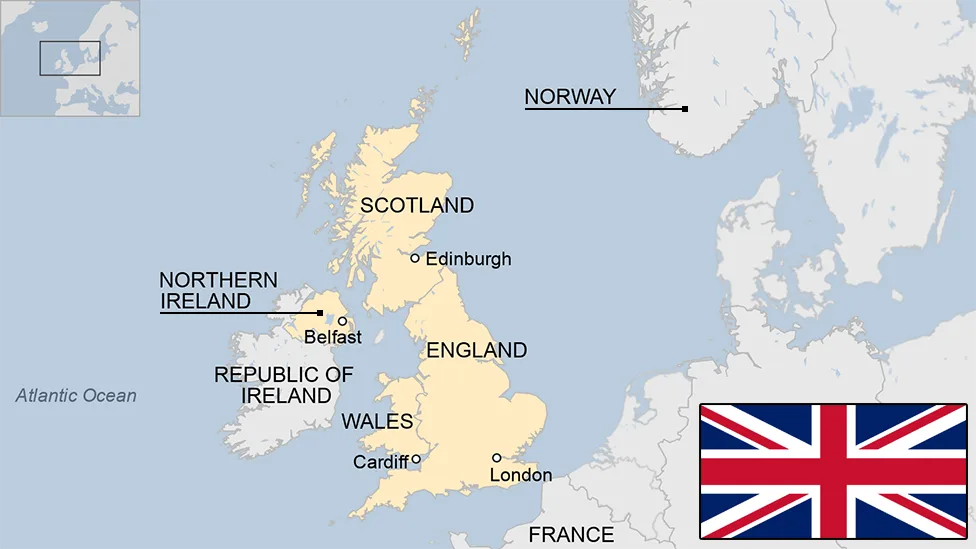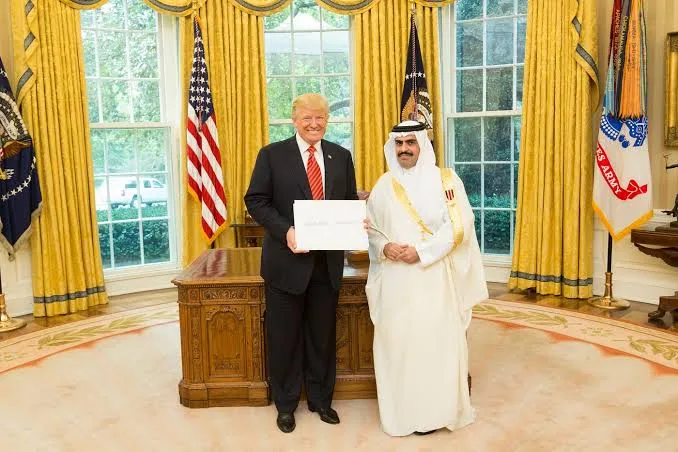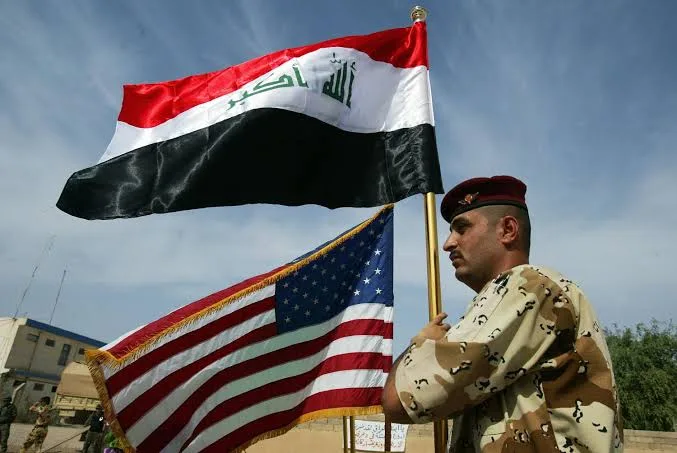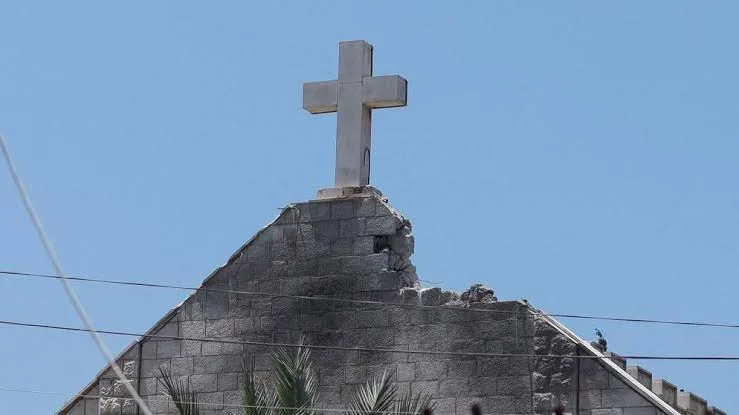Washington D.C./Manama/London/Gaza – July 19,2025
The Middle East witnessed a confluence of significant diplomatic, security, and humanitarian developments in recent days.
let us start with The United Kingdom’s formal accession to a crucial security and prosperity agreement marked a strategic enhancement of regional partnerships, while the United States adjusted its diplomatic posture in Iraq, and a tragic incident unfolded at Gaza City’s only Catholic church.
UK Accession to CSIPA: A New Era of Regional Integration

A pivotal moment for Middle East security and prosperity occurred as the United States, the Kingdom of Bahrain, and the United Kingdom officially marked the UK’s accession to the Comprehensive Security Integration and Prosperity Agreement (CSIPA). The agreement, initially signed bilaterally between the U.S. and Bahrain in September 2023, is designed to foster broader integration in the Middle East, bolster mutual deterrence against external threats, and expand cooperation across security, stability, and and prosperity. The UK’s accession formally took effect on June 19, 2025, transforming CSIPA into a multilateral framework.

In a ceremony held in Washington D.C., Bahrain’s Ambassador to the United States, Shaikh Abdullah bin Rashid Al Khalifa, hailed the UK’s entry as a “strategic milestone” in consolidating regional security and enhancing international partnerships. He emphasized that the shift from a bilateral to a multilateral agreement “opens the door for other countries with shared goals to join,” expressing Bahrain’s hope for more nations to become members, benefiting all citizens and promoting wider cooperation, growth, and prosperity in the region.
The U.S. Department of State, represented by Senior Official at the Bureau of Near Eastern Affairs Maura Namdar, hosted the marking alongside the UK’s Deputy Head of Mission, Lucy Ferguson. A joint statement from the three parties reaffirmed their shared interest in strengthening strategic cooperation under CSIPA’s three core pillars: defense and security, economic and trade, and science, technology, and network security. Working groups are planned to be launched to further these objectives, aiming for a Middle East characterized by greater stability, economic cooperation, prosperity, and technological innovation. CSIPA builds on the vision of the Abraham Accords, signed in 2020, which aimed to create conditions for closer ties in and beyond the Middle East.
U.S. Ends “Ordered Departure” Status for Personnel in Iraq

In a separate development, the U.S. Secretary of State Marco Rubio officially ended the “Ordered Departure” status for U.S. Mission personnel in Iraq on July 17th. This directive, which had mandated the departure of non-emergency U.S. government personnel, signals an assessment of improved security conditions and means that staff will gradually return to Baghdad and Erbil.
Despite this procedural adjustment, the U.S. Department of State’s travel advisory for Iraq remains at “Level 4: Do Not Travel.” This ongoing warning highlights the continued high risks for U.S. citizens, including terrorism, kidnapping, armed conflict, and civil unrest. The U.S. government maintains limited capacity to provide emergency services to its citizens in Iraq and cautions against travel near armed groups or the country’s northern borders due to persistent threats. The lifting of the ordered departure status primarily impacts U.S. government personnel and does not signify a broad reassessment of safety for private citizens.
Tragedy in Gaza: Holy Family Church Damaged, Lives Lost

Amidst these diplomatic and security shifts, the humanitarian crisis in Gaza continued to unfold with devastating consequences. On July 17th, the Holy Family Church, Gaza City’s only Catholic church, was struck by an Israeli shell, resulting in at least three fatalities and numerous injuries, including the parish priest, Father Gabriele Romanelli.
The Latin Patriarchate of Jerusalem confirmed the injuries and damage, stating that the bombing had destroyed large parts of the church compound, where hundreds of Palestinians, including many with special needs, had been sheltering from the ongoing conflict. Al Jazeera reported that at least one person was in critical condition. Among those killed were the parish’s 60-year-old janitor and an 84-year-old woman receiving psychosocial support inside a Caritas tent within the church compound.
In response, Israel expressed sorrow over the damage and casualties. Prime Minister Benjamin Netanyahu’s office issued a statement late Thursday, regretting that “a stray ammunition hit Gaza’s Holy Family Church.” The statement added, “Every innocent life lost is a tragedy. We share the grief of the families and the faithful.” The Israeli military conducted a preliminary investigation, stating that “fragments from a shell fired during operational activity in the area hit the church mistakenly,” and that the cause of the incident is under review. Israel reiterated its commitment to protecting civilians and holy sites and that it only targets militant objectives.
Pope Leo XIV, the head of the Roman Catholic Church, issued an urgent call for an immediate ceasefire following the attack, expressing “deep sadness” and renewing his “profound hope for dialogue, reconciliation, and lasting peace in the region.” The Patriarchs and Heads of the Churches in Jerusalem joined in condemning the attack, stating, “Targeting a church that houses approximately 600 refugees, including children with special needs, is a violation of these laws. It is also an affront to human dignity, a trampling upon the sanctity of human life, and the desecration of a holy site.”
These events collectively paint a complex picture of the Middle East, characterized by efforts towards greater regional integration and deterrence on one hand, and persistent security challenges, humanitarian crises, and ongoing conflict on the other.
